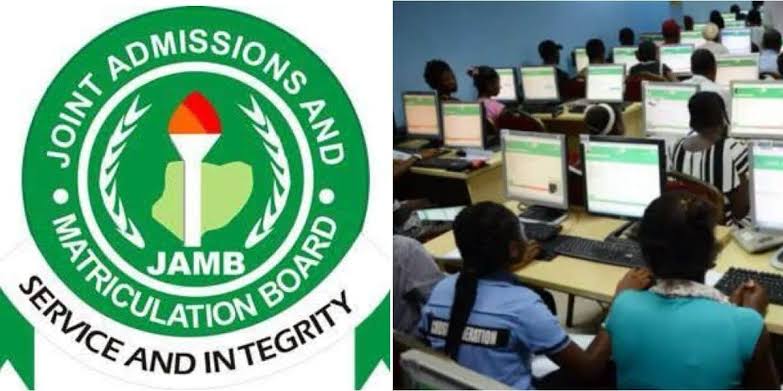
Mathew Amaechi
The Joint Admissions and Matriculation Board (JAMB) has revealed that over 75% of candidates who sat for the 2025 Unified Tertiary Matriculation Examination (UTME) scored below 200, sparking widespread concern over academic readiness and the state of Nigeria’s education system.
Out of the 1,955,069 candidates who registered for the examination, only 420,415 scored above 200, according to statistics released by JAMB on Monday. Fewer than 1% of all candidates scored above 300, underscoring what analysts have described as a systemic challenge in academic performance nationwide.
The report also provided insight into the performance of 40,247 underage candidates who were allowed to participate. Of these, only 467—just 1.16%—reached the benchmark for “exceptional ability,” suggesting that the majority may struggle to meet university admission criteria.
In addition to the underwhelming performance, the examination was marred by widespread infractions. JAMB reported 97 confirmed cases of malpractice and said another 2,157 candidates are under investigation for alleged examination-related offenses. The board emphasized its commitment to maintaining the integrity of the process.
The exam also witnessed logistical issues. A total of 71,701 registered candidates were absent on test day. Others faced technical hitches such as biometric verification failures. JAMB said candidates affected by such issues would have a chance to retake the exam at rescheduled sessions, pending investigations.
Notably, results for visually impaired candidates and those under the JEOG category are still being processed. JAMB assured the public that further updates—including individual results and guidance for result-checking—would be provided at a press briefing later in the week.
The low performance rates have prompted urgent calls from educators, policymakers, and stakeholders for comprehensive reforms. Critics argue that the poor results reflect broader systemic weaknesses in teaching methods, curriculum standards, and student preparation.
As the fallout continues, the education sector is now under pressure to introduce targeted interventions that can reverse the downward trend and better equip Nigerian students for future academic and career success.
